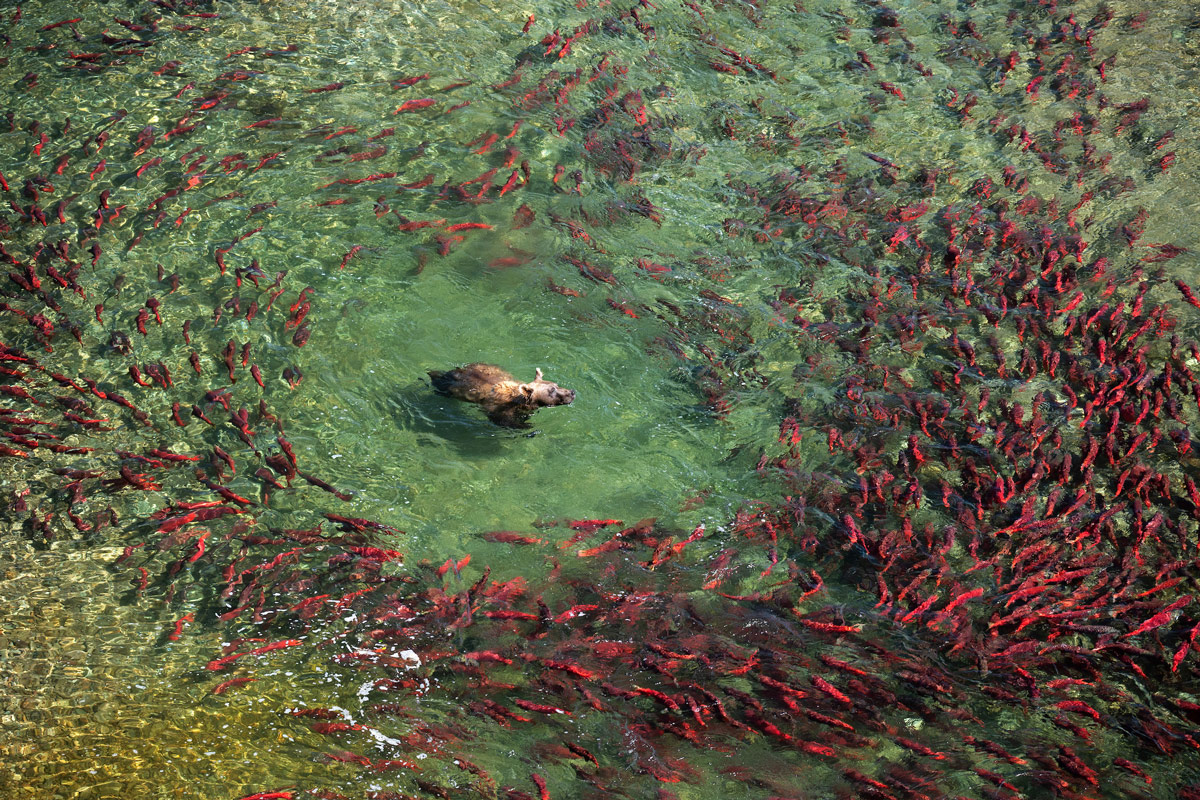UPDATE: Tensions within the Liberal Party are reaching a boiling point as party members grapple with the implications of the 2050 net zero emissions target. Insiders reveal that some Liberals are in full meltdown mode, questioning the party’s commitment to addressing climate change.
In a crucial party room meeting scheduled for November 10, 2025, Liberal MPs are set to finalize their stance on climate policy after weeks of public infighting. The stakes are incredibly high; failure to endorse the target could alienate younger voters, particularly Millennials and Gen Z, who prioritize climate action in their voting decisions. Polling indicates that nearly 80% of these key demographics viewed climate issues as decisive in the last election just six months ago.
An anonymous Liberal MP expressed grave concerns, stating, “Tim Wilson can kiss his seat goodbye” if the party decides to abandon its net zero commitment. This sentiment highlights the fear that rejecting the target could cost the party dearly in the upcoming elections, particularly in urban areas where climate-driven independents have already made significant inroads.
The Nationals, the Liberal Party’s junior coalition partner, have already abandoned their net zero commitment, a move many believe could lead the Liberals down a similar path of irrelevance. Experts warn that if the Liberals follow suit, they risk becoming fringe players in Australian politics, akin to the UK’s Conservative Party, which faced similar backlash for its climate policy stance.
The Business Council of Australia, representing major business interests, has unequivocally endorsed the net zero target, emphasizing that 90% of Australia’s trade is with countries that have made similar commitments. This underscores the economic rationale for adopting the target—not just for environmental reasons, but for maintaining market access and ensuring investment.
The meeting today will see Andrew Hirst, the Federal Director, present internal research that warns of catastrophic consequences should the party choose to jettison the net zero goal. The findings suggest that abandoning this commitment could bolster the influence of the climate-focused independents, potentially locking the Liberals out of power indefinitely.
As the 2025 election approaches, the pressure is mounting. The Liberal Party must navigate the complex landscape of public opinion and party loyalty while addressing the pressing issue of climate change. The choice is clear: endorse the net zero target and engage in constructive debates about how to achieve it, or risk alienating a generation of voters who are increasingly disillusioned with traditional party politics.
The urgency of this situation cannot be overstated. The Liberals are not just debating a policy; they are defining their identity as a party in a rapidly changing political landscape. If they wish to remain relevant, they must present a credible plan and avoid the pitfalls of climate denialism.
As the clock ticks down to the meeting, all eyes are on the Liberal Party. Will they choose to embrace a forward-thinking climate policy, or will they retreat into the shadows of political irrelevancy? The answer will have profound implications for the future of Australian politics.







